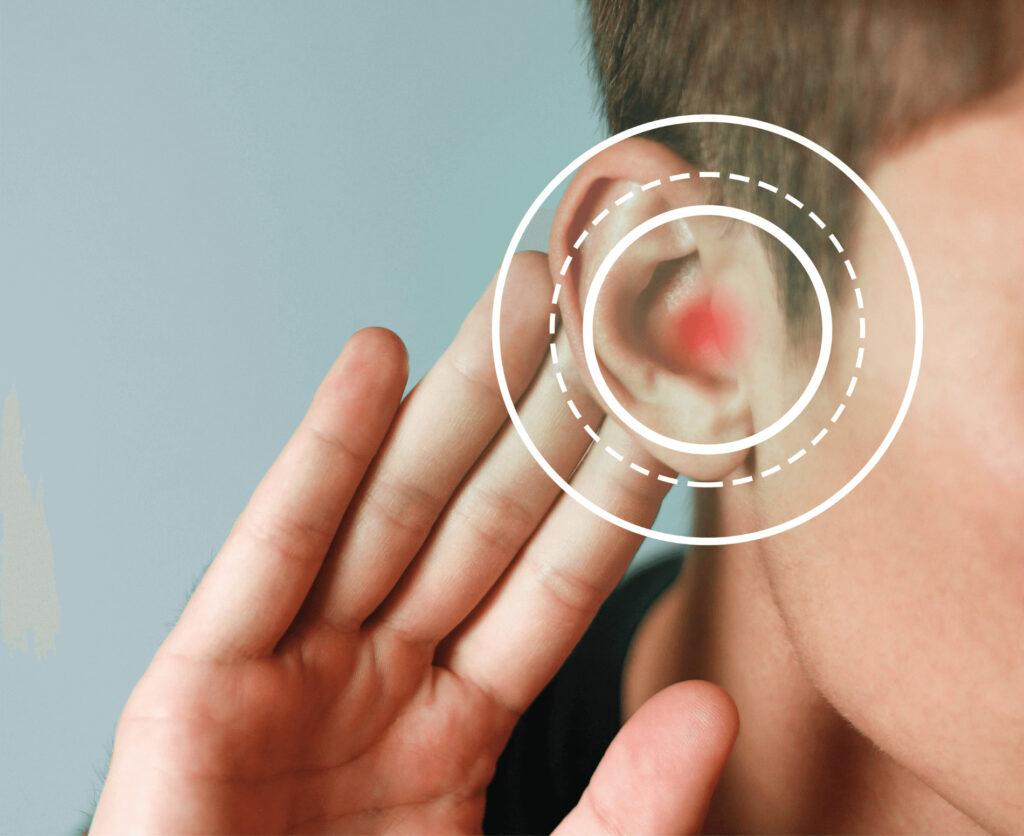Hearing is a fundamental sense that enriches our lives, allowing us to communicate, experience music, and connect with the world around us. However, hearing loss is a pervasive issue that affects millions of people worldwide. As a hearing professional, it’s my mission to empower you with the knowledge needed to better understand hearing loss, its prevention, diagnosis, and management. In this article, we’ll explore the basic questions and answers that everyone should know about hearing loss, incorporating the latest advancements and emphasizing the critical importance of early detection.
What is Hearing Loss?
Hearing loss is the reduced ability to hear sounds fully or clearly. It can be temporary or permanent, mild or profound, and can affect one or both ears. The causes are diverse, but the most common include age-related hearing loss (presbycusis), noise-induced hearing loss, genetics, and illnesses such as otitis media. Recent research has highlighted the role of environmental factors, such as exposure to air pollution, in hearing loss. Understanding the cause is crucial for proper diagnosis and management.
Who is at Risk?
Hearing loss is not limited to a specific age group or gender. It can affect anyone, from newborns to the elderly. Those at higher risk include individuals exposed to loud noises, such as construction workers and musicians, as well as those with a family history of hearing loss. With the ever-increasing use of personal listening devices like headphones, the risk for younger generations has also risen. The risk of hearing loss increases with age, with approximately one in three people over the age of 65 experiencing some degree of hearing loss.
How Can Hearing Loss Be Prevented?
Preventing hearing loss is possible by taking simple but effective measures. The use of ear protection, like earmuffs or earplugs, can significantly reduce the risk of noise-induced hearing loss, especially in noisy work environments or during concerts. Reducing exposure to loud sounds and taking regular breaks from noisy environments can also help protect your hearing. For young people, it’s crucial to keep the volume of personal audio devices at a safe level.
The Importance of Early Detection
Early detection is paramount in managing hearing loss. Identifying the problem as soon as possible can prevent it from worsening and lead to better outcomes. Regular hearing check-ups are essential, especially if you are at higher risk. The good news is that hearing professionals have advanced tools and technologies at their disposal for accurate diagnosis.
Advances in Diagnosis
Over the years, there have been remarkable advancements in hearing loss diagnosis. Audiologists can now use cutting-edge equipment to conduct comprehensive hearing assessments. These assessments measure not only the degree but also the type of hearing loss, making personalized treatment plans more effective. In addition, tele-audiology, or remote hearing assessments, has become increasingly popular, making hearing care more accessible to a wider population, including those in remote areas.
Management Options
Once hearing loss is identified, the focus shifts to managing it effectively. The most common management strategies include:
Hearing Aids:
These devices are designed to amplify sound and can be customized to meet individual needs. Recent developments in hearing aid technology have led to smaller, more discreet designs with improved sound quality.
Cochlear Implants:
For individuals with severe to profound hearing loss, cochlear implants can provide a solution by directly stimulating the auditory nerve.
Assistive Listening Devices (ALDs):
These include devices like FM systems and captioned telephones, which help individuals with hearing loss communicate more effectively.
Auditory Training:
This includes programs and exercises that help individuals improve their listening and communication skills.
Future Interventions
The field of hearing loss is continually evolving, and exciting developments are on the horizon. One promising area is gene therapy, which may offer a potential cure for some forms of genetic hearing loss. Researchers are also exploring the use of stem cells to repair damaged auditory cells. Furthermore, advancements in brain-computer interfaces hold promise for direct neural connections that could restore hearing function. While these futuristic interventions are still in their experimental stages, they offer hope for those living with hearing loss.
The Emotional Impact
Hearing loss can be emotionally challenging, affecting not only the individual but their loved ones as well. It’s crucial to recognize the emotional toll it can take, including feelings of isolation and frustration. Seeking support through counseling and joining support groups can be immensely helpful for coping with the emotional aspects of hearing loss.
Hearing loss is a complex issue that touches many lives. By understanding the basics of hearing loss, its prevention, diagnosis, and management, we can better navigate this condition. Early detection is the key to successful management, and the field of audiology is continually advancing to offer more effective solutions. Remember, if you or a loved one suspect hearing loss, don’t hesitate to consult with a hearing professional. With compassionate care and the latest knowledge, you can regain control over your soundscape and continue to enjoy the world of sound.


